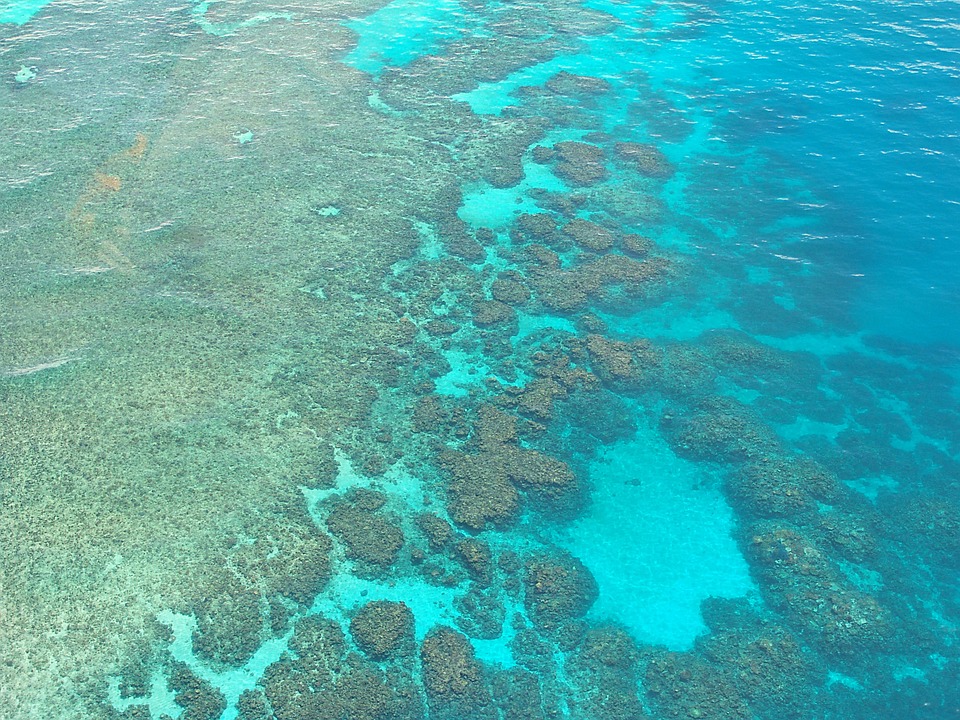
The Great Barrier Reef is fine! But is it?
What’s happening? The Great Barrier Reef will not be included on a list of “in danger” world heritage sites, following a decision by the 21-country World Heritage Committee on 23 July. The decision went against an assessment by UNESCO that the reef should be included on the list due to the threats it faces from climate change. It also follows intense lobbying against the listing by Australia. UNESCO will be asked to conduct a mission to the reef, while Australia is required to submit a progress report to the agency by February 2022. (The Guardian)
Why does this matter? This is the first time climate-related impacts have driven UNESCO to advise a site is placed on the “in danger” list, which could set an example for other world heritage sites affected by climate change.
Going against UNESCO – The choice to ignore UNESCO’s suggestion due to the impact of three major bleaching events in five years on the Great Barrier Reef – which faces increasing vulnerability to climate change – is questionable. It’s worth noting the Australian government’s attempts to block the suggested listing, involving a lobbying trip by federal environment minister Sussan Ley to win the support of committee members. The Australian government also successfully challenged a 2015 attempt to designate the reef as endangered, over claims it would dismiss conservation work underway at the time.
Climate inaction – Australia’s climate track record is underwhelming. The nation is facing increasing pressure to update its emissions targets – notably, a 2050 net-zero target aligned with the Paris Agreement – and remains a leading producer and exporter of coal and gas. As a result, it’s not surprising that legislation aiming to reduce emissions, such as the EU carbon border tax, have been received poorly by the country’s government.
Officially labelled as “in danger” or not, the recent debate around the reef will make it harder for Australia to justify the approval of more fossil fuel developments in the future.
How is the reef doing? Not great. The latest Reef Water Quality Report Card found the reef’s coastline is experiencing continued poor health, largely driven by climate impacts. Progress to meet water quality targets has also been slow, and threats of damage from nearby fossil-fuel projects, such as the Carmichael coal mine, don’t help.
The reef is well-known for its great ecological importance, boasting one of the most complex natural ecosystems in the world. From a climate perspective, the reef’s seagrass meadows and mangroves also sequester huge quantities of carbon into sediments – more per unit area and quicker than land-based ecosystems – providing another reason for its protection alongside safeguarding biodiversity.
Science versus…politics? Given its position as committee Chair, there was speculation around China’s political motives swaying the committee’s decision – which would not be the first instance the nation has exerted geopolitical influence to impact a climate agenda. Last year, a dispute arose over the decision to refer to Taiwan as part of China by two conservation-focused organisations, resulting in one partnership being expelled after the island refused to sign documents denouncing its independence.


